 The liberty of the press is indeed essential to the nature of a free state; but this consists in laying no previous restraints upon publications and not in freedom from censure for criminal matter when published. Every freeman has an undoubted right to... The liberty of the press is indeed essential to the nature of a free state; but this consists in laying no previous restraints upon publications and not in freedom from censure for criminal matter when published. Every freeman has an undoubted right to...  Commentaries on the Laws of England: In Four Books - Page 113by William Blackstone, George Sharswood - 1867Full view Commentaries on the Laws of England: In Four Books - Page 113by William Blackstone, George Sharswood - 1867Full view - About this book
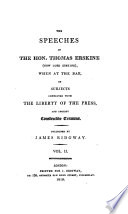 | Thomas Erskine (1st baron.) - 1810 - 478 pages
...consists in laying no previous re" straints upon publications, and not in freedom <( from censure for criminal matter, when published. " Every freeman has...he must take the consequence of his own temerity. t( To subject the press to the restrictive power of a " licenser as was formerly done, both before... | |
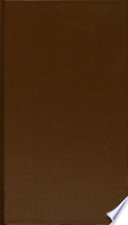 | Thomas Starkie - Libel and slander - 1813 - 710 pages
...authority*, that "every freeman has an undoubted right to lay what he pleases before the public—to forbid this is to destroy the freedom of the press;...he must take the consequence of his own temerity." This privilege necessarily includes candid comments upon public affairs, and the mode in which they... | |
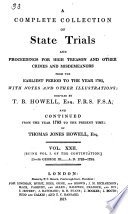 | Trials - 1817 - 650 pages
...liberty of the press does not exist; this liberty consists in li'.ying no restraints on publications; every freeman has an undoubted right to lay what sentiments he pleases before the public, but if he publishes what is improper, he must take the consequence of his temerity. A man (says a fine... | |
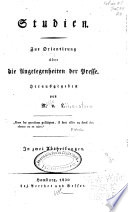 | Johann Jakob Otto August Rühle von Lilienstern - Freedom of the press - 1820 - 672 pages
...and not in freedom from censure for criminal matter when published. Every freeman has an indoubl^ed right to lay what sentiments he pleases before the...freedom of the press : but if he publishes what is im. proper mischievous, or illegal, he must take the consequence of his own temerity. To subject the... | |
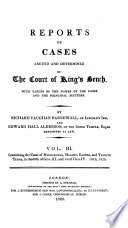 | Great Britain. Court of King's Bench, Richard Vaughan Barnewall, Sir Edward Hall Alderson - Law reports, digests, etc - 1820 - 818 pages
...considers." The same admirable writer, in a following page (p. 152.) after saying, that if a person publish what is improper, mischievous, or illegal, he must take the consequence of his temerity, adds these words : H Neither is any restraint hereby laid upon freedom of thought or enquiry;... | |
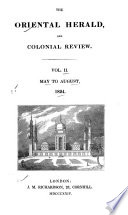 | Christianity - 1824 - 662 pages
...publications, and not in freedom from censure for criminal matter when published. Every freeman has undoubted right to lay what sentiments he pleases...improper, mischievous, or illegal, he must take the consequences of his own temerity." • The Court will particularly remark this passage, as it applies... | |
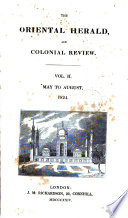 | James Silk Buckingham - 1824 - 662 pages
...freeman has undoubted right to lay vlmi tentiments hep/eases before the public : t .> forbid this, i» to destroy the freedom of the press ; but if he publishes...improper, mischievous, or illegal, he must take the consequences of hit) own temerity." * The Court will particularly remark this passage, as it applies... | |
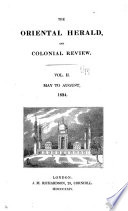 | James Silk Buckingham - Great Britain - 1824 - 658 pages
...freedom from censure for criminal matter when published. Every freeman has undoubted right to lay wliat sentiments he pleases before the public ; to forbid...destroy the freedom of the press; but if he publishes «h--t. is improper, mischievous, or illegal, he must take the consequences of his own temerity." *... | |
 | Thomas Starkie - Libel and slander - 1826 - 658 pages
...himself. It has been said by a high authority,* that " every freeman has an undoubted right to lay what he pleases before the public — to forbid this is...illegal, he must take the consequence of his own temerity ."(1) This privilege necessarily includes candid comments upon public affairs, and the mode in which... | |
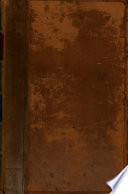 | Thomas Starkie - Libel and slander - 1830 - 474 pages
...It has been asserted by high authority (o), that " every freeman has an undoubted right to lay what he pleases before the public — to forbid this is...he must take the consequence of his own temerity. " On the trial of James Perry and another Qo), on an information for a libel, the attorney-general,... | |
| |